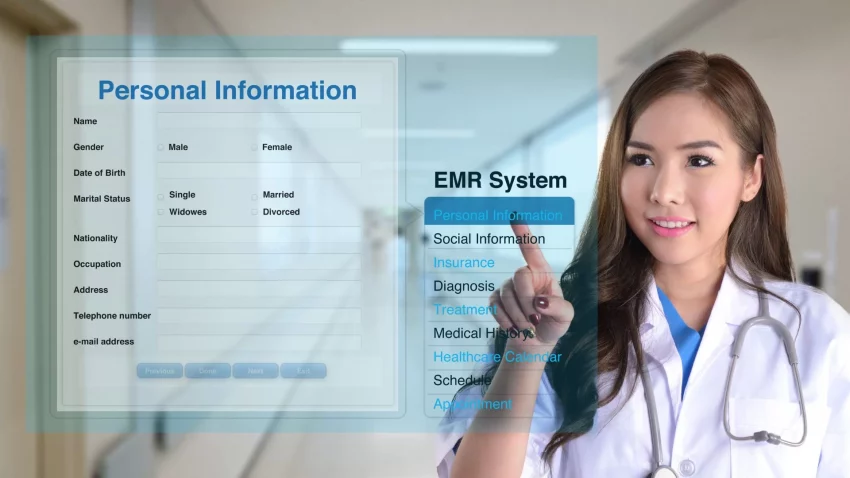Electronic Medical Record Systems: A Digital Revolution in Healthcare
Electronic Medical Record (EMR) systems have changed the way care is being provided. These information systems collect and organize patient health data, automating tasks and enhancing the delivery of patient care.Electronic Medical Record Systems
Key Benefits of EMR Systems
- **Improved Patient Care: **
- **Enhanced Communication: EMRs facilitate seamless communication between healthcare providers, ensuring consistent and coordinated care.
- **Reduced Medical Errors: Through the presentation of correct and current drug administration and diagnosis information, EMRs contribute to reducing errors in drug administration and diagnosis.
- **Better Decision-Making: EMRs enable healthcare providers to access patient history, lab results, and imaging studies, leading to more informed decisions.
- **Increased Efficiency: **
- **Streamlined Workflow: EMRs perform routine functions, including appointment scheduling and prescription generation, freeing up time reducing administrative workload.
- **Faster Access to Information: Healthcare providers can quickly retrieve patient information, improving efficiency and reducing wait times.
- **Improved Billing and Coding: EMRs help streamline billing and coding processes, leading to faster reimbursement and reduced administrative costs.
- **Enhanced Patient Engagement: **
- **Patient Portals: EMRs often include patient portals, allowing patients to access their health information, schedule appointments, and communicate with their healthcare providers.
- **Personalized Care: Analyzing patient data, EMRs offer the ability to aid clinicians in recognizing patterns and customizing treatment regimens to the patient’s specific requirements.
Challenges and Considerations
While EMR systems offer numerous benefits, they also present challenges:.
- **Implementation Costs: Implementing and maintaining an EMR system can be expensive, requiring significant investments in hardware, software, and training.
- **Interoperability: Ensuring seamless data exchange between different healthcare systems remains a significant challenge.
- **Data Security and Privacy: Protecting sensitive patient information is crucial, and EMR systems must have robust security measures in place.
The Future of EMR Systems
With technological progress, EMR systems are developing to become more and more responsive to the demands of the provider and the patient. Some emerging trends include:
- **Artificial Intelligence (AI): AI-powered EMRs can analyze large datasets to identify patterns and make predictive insights.
- **Internet of Things (IoT): Integrating IoT devices with EMRs can provide real-time patient data, such as heart rate and blood pressure.
- **Cloud-Based EMRs: There are scalable, flexible, and remote access to the PDL provided by cloud-based options.
Through the resolution of challenges and utilization of innovative technologies, EMR systems can revolutionize healthcare and enhance patient care.
*Would you like to know more about a specific aspect of EMR systems, such as their impact on healthcare costs or the role of interoperability standards? **
